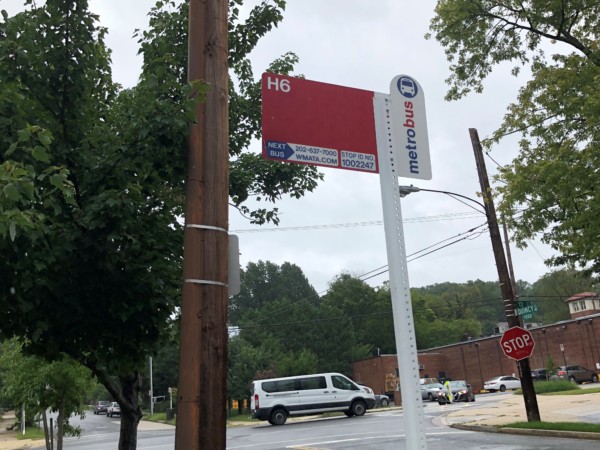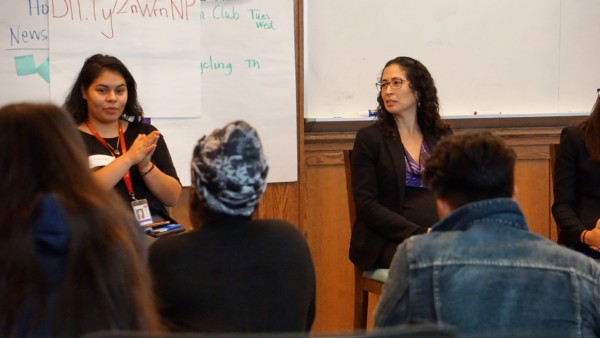Many DC students find themselves balancing academics and employment, but at what cost?

For many young people in the United States, a first job is not a choice but an obligation.
Students often find themselves working long hours and late nights to support themselves and their families, but at what cost? Research shows that the level of chronic stress and sleep deprivation faced by these young workers has lasting physical, cognitive, and emotional effects.
Communities In Schools site coordinators are in DC Public Schools to support students like this with the challenges they face in and out of the classroom. Whether it’s providing a school uniform, connecting students with community services, or simply providing a sympathetic ear, site coordinators are in schools to help students succeed.
The Effect of Work on Students
A National Sleep Foundation Poll found that 87% of high school students in the United States are chronically sleep deprived. For the 1 in 4 high school students over the age of 16 who balance school with work, little can be done to prevent this as they find ways to juggle school, work, and extra-curricular activities.
Unfortunately, there is a price to pay.
Insufficient sleep has been shown to impact mood, immune function, and memory, and can lead to obesity and reduced capacity to learn.
The high amount of stress associated with balancing work and school also negatively impacts these students. Epigenetic changes (changes in gene expression) due to stress in adolescence have even been associated with negative health outcomes later in life, including anxiety, depression, and drug abuse.
The impact on academics is clear even at its simplest; if a student spends all their time outside of school working, they won’t have time to study.

How Communities In Schools Helps Students
CIS site coordinators are ready to help each working student sias they develop strategies to balance their obligations and access community resources that might help ease their burden.
Take Joanna.
An 11th grade student who balances schoolwork with the need to work at a local fast food franchise to financially support her family, Joanna has been working closely with CIS Site Coordinator Monique Baker for the past three years. Together they work on Joanna’s attendance and future goals, recognizing that prioritizing her education now will improve her ability to support her family in the future.
Working with CIS has provided Joanna with access to mentors and other supports that help support her goals. With a dream to become a lawyer, Joanna has been able to visit law firms, meet with United States Attorneys, and participate in a forum advocating for women’s rights.

Individual student needs can vary greatly, and site coordinator interventions have ranged from reducing a student’s reliance on their income by providing food, uniforms, hygiene products, and school supplies, to helping parents access resources to shift responsibilities off of the student. This is how Communities In Schools surrounds students with a community of support, empowering them to stay in school and achieve in life.
For a window into the experiences of a working student, see our photo-essay: The Night Cleaner

